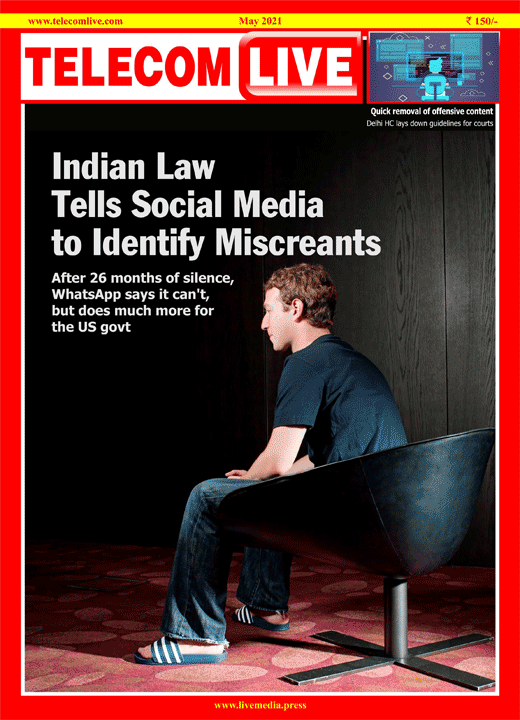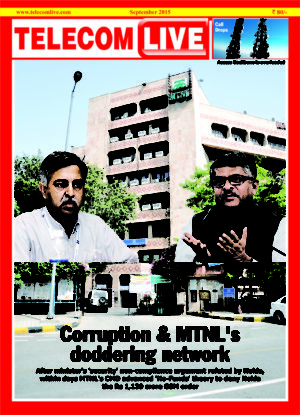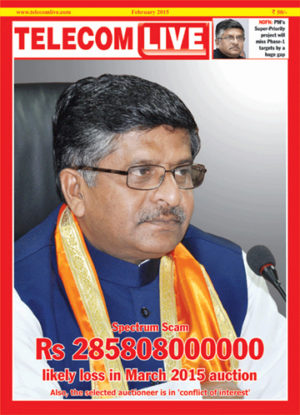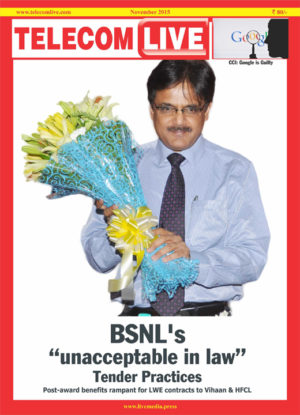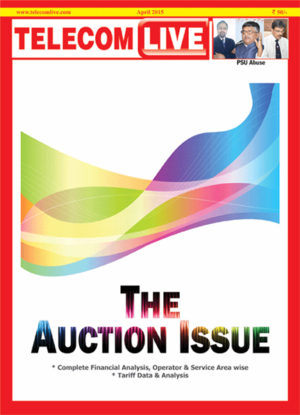WhatsApp has its highest user base in India at 40 crore users. Barely days away from the deadline of adhering to the Information Technology (Intermediary Guidelines and Digital Media Ethics Code) Rules, 2021, they sued the Indian government. All social media companies were given three months to comply with the rules. The notification was preceded by a long open consultation process of 26 months with all stakeholders, WhatsApp decided to keep mum during this duration and then filed a lawsuit before Delhi High Court challenging Rule 4(2) of the notification.
WhatsApp has taken the arguments of violation of fundamental rights as enshrined in the constitution of India, Article 19 (freedom of speech & expression), Article 21 (personal Liberty) and Article 14 (Right to equality). It has also made a case for non-feasibility. The petition is worded in a manner to paint the Indian government in a negative light in the spheres of political and civic freedoms. It also attempts to create paranoia among the general public.
So when a foreign company gets preachy about safeguarding the fundamental freedoms of Indian citizens, three things are warranted: first, an examination of the new rules, second WhatsApp’s compliance levels to US laws, third, the company’s financials and revenue related moves. All the three points are comprehensively analysed in our cover story.
What does Rule 4(2) which is being litigated against say. Simply put, it requires social media companies to identify miscreants / first originator of information, when asked to do so by a competent authority under IT Rules 2009. In case such an information first originated in a foreign country and was received in India, in that case, the first originator in India will be the person who retransmits that information for the first time from India. Compliance reporting has to be done within a maximum limit of 72 hours. Only a bare minimum information identifying the miscreants has been sought by the government, no other disclosures related to any electronic messages or any other information related to the first originator or other users is sought. This minimal rule has provoked the ire of WhatsApp.
In contrast, whatsApp is bound by many enforcement codes in the US. Sharing goes far beyond the traceability of the WhatsApp user. After providing all this information to the US agencies, WhatsApp is required by law to keep quiet. No personal liberty flags are raised here.
Also, its argument that traceability will end end-to-end encryption is a bogus pushback. WhatsApp’s payments products and sharing of user data with the US agencies show that this clearly isn’t the case.
